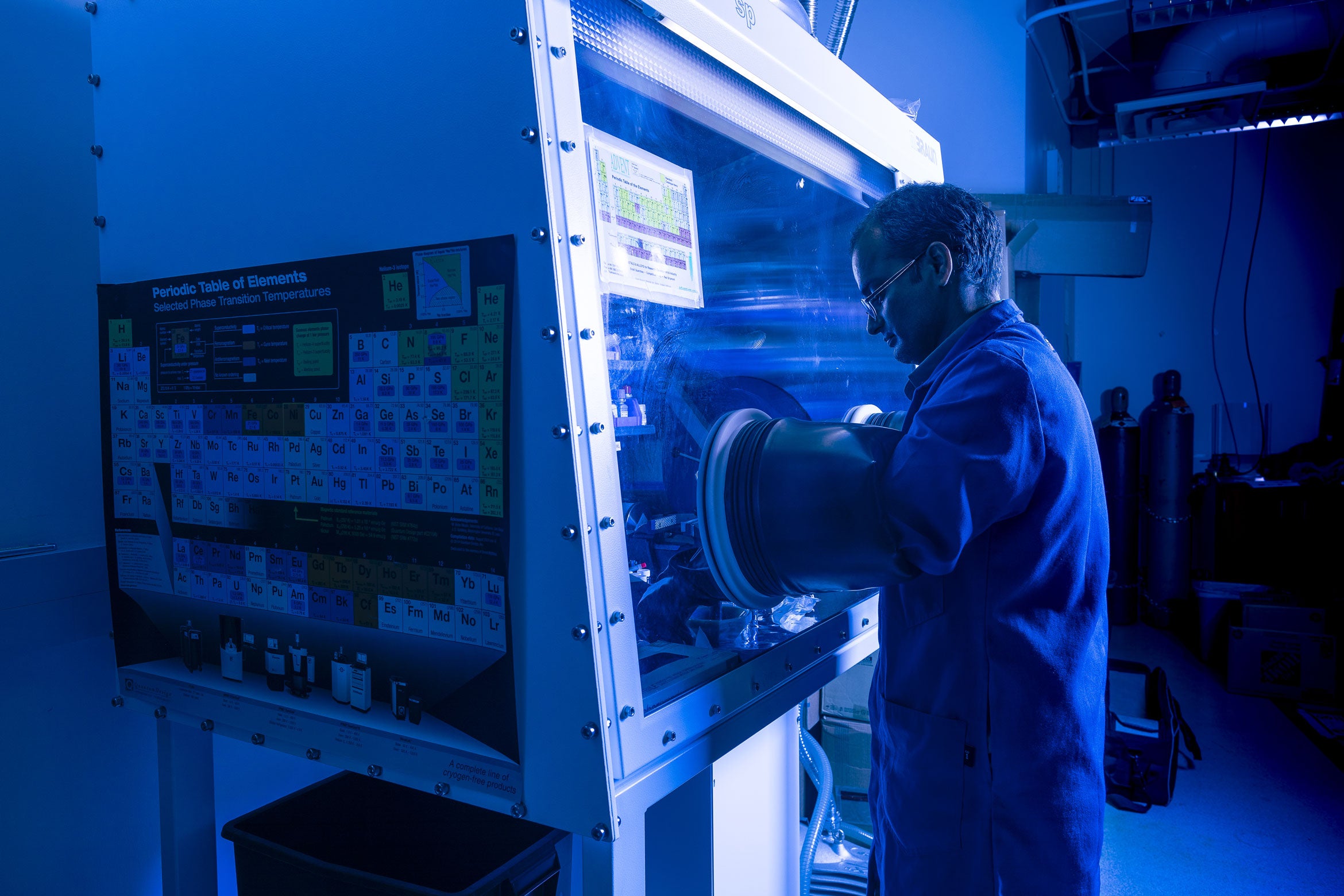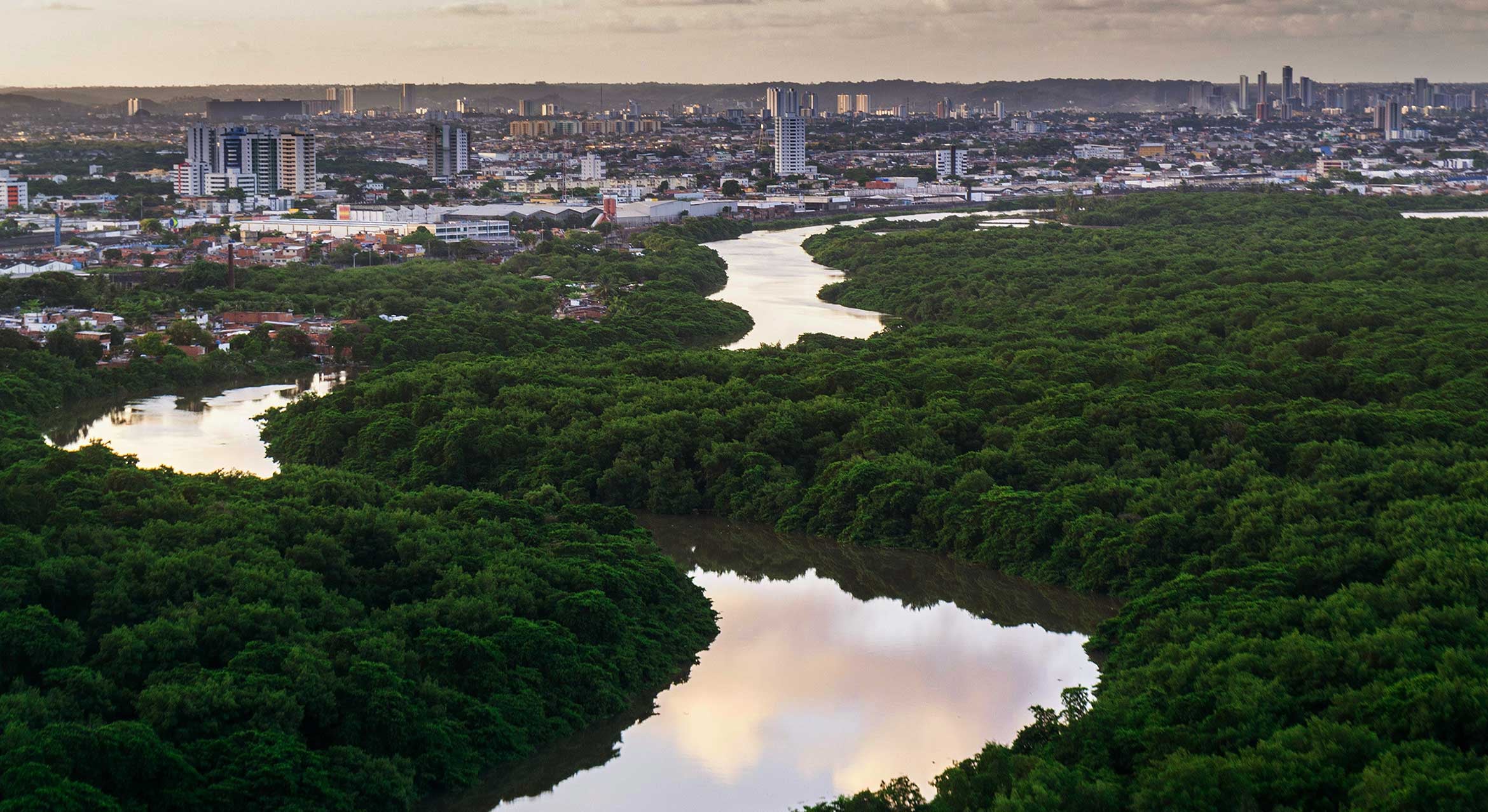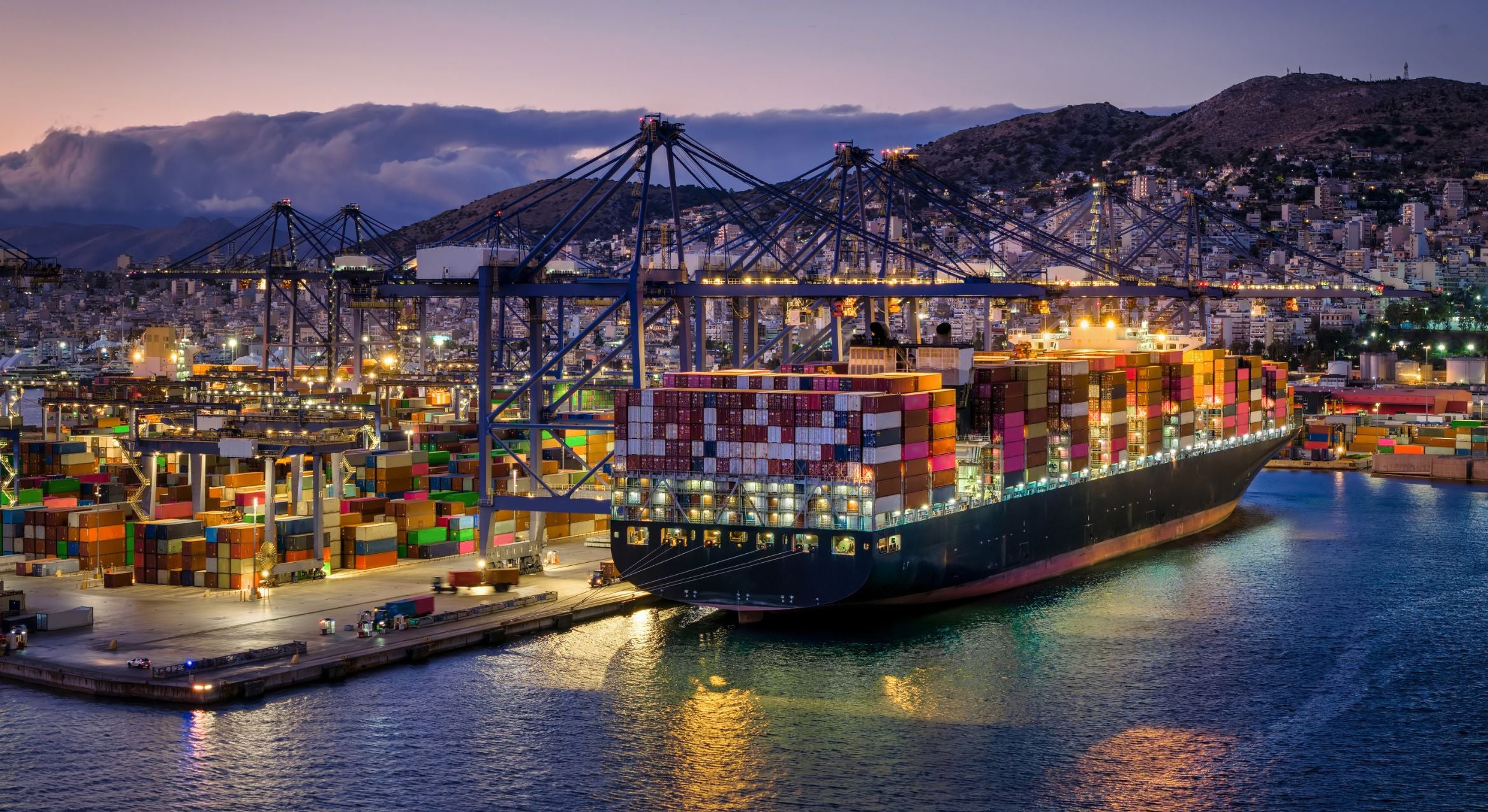
Market Solutions to Environmental Problems
Humanity faces an uncertain future as we decide how to respond to the myriad environmental issues that confront us. Climate change, plastic pollution, resource exploitation and a host of other such challenges threaten our society and the wellbeing of other lifeforms sharing this planet.
Effective strategies do exist for tackling these concerns, and according to some scientists, addressing environmental challenges is a matter of lining up the issues with the proper incentives.
That’s why researchers at UC Santa Barbara’s Bren School of Environmental Science & Management have launched a new initiative, the Environmental Market Solutions Lab (emLab). Director Christopher Costello describes the emLab as a “think-and-do tank” that will develop market-based solutions to address urgent environmental problems.
“We believe that markets and economic incentives can be powerful tools to align economic and conservation incentives,” Costello wrote on the lab’s first official blog post. However, all too often market-based approaches are designed without considering distributional consequences, buy-ins and other factors that are essential for the success of these programs. Thus, a core tenet of emLab’s approach is to thoughtfully design and implement incentive-based approaches to environment challenges to achieve durable, efficient and equitable outcomes.
The emLab will follow the approach developed by UC Santa Barbara’s Sustainable Fisheries Group, which has successfully combined academic and pragmatic considerations to ocean challenges for the past 12 years. Most recently, the group consulted the Indonesian government regarding the efficacy of a sweeping new fishery policy.
Indonesia had been battling illegal fishing for many years, and as of 2013, had the 15th highest level of illegal fishing in the world. In late 2014, the country banned all foreign made, owned and operated fishing vessels from its national waters, and the minister of Marine Affairs and Fisheries wanted an independent assessment of how well the law was working. The group used data from satellite beacons — which all large vessels are required to have — as well as satellite images of nighttime lights in the ocean to track fishing activities in the country’s exclusive economic zone.
The Sustainable Fisheries Group determined that foreign fishing had plummeted to nearly zero as a result of the new policy. In 2016, Indonesia ranked 86 on a list of countries with the highest fishing from foreign fleets. The group has continued their collaboration with Indonesia, working to analyze the potential benefits of various fishery reforms.

Foreign fishing in Indonesian waters dropped precipitously after the country enacted its fishery reforms.
Photo Credit: REN CABRAL
After years of proposing innovative and successful conservation solutions, the researchers at the Sustainable Fisheries Group realized that the same kinds of questions and challenges were arising in different domains. For instance, many of the insights gleaned from managing a tuna stock can be transferred to the management of other global commons, such as climate change. For one, both issues are transboundary: One country’s catch affects all the others just like one country’s emissions affects all other countries. Both tuna fishing and climate change are also heterogeneous issues. Different countries have varying levels of influence on the fishery, and feel the effects to differing degrees. Similarly, some countries have an outsized effect on climate change, while others may feel the consequences more acutely.
“We quickly realized that we could contribute to a much broader class of global challenges, developing more equitable and efficient incentive-based solutions,” Costello said. Accordingly, the researchers developed emLab as a new research center focused on addressing some of the world’s most pressing environmental problems.
In fact, the emLab builds on to what Costello and Sustainable Fisheries Group cofounder Steve Gaines initially had in mind for their research. In 2003, the two researchers pitched the idea of an environmental solutions center to Microsoft cofounder Paul Allen. He was intrigued, and agreed to fund several workshops to explore the possibilities. Two years later, Costello and Gaines presented several examples of projects the center could address.
“We had this big, global idea, [and] it got narrowed down to, ‘Okay, I’m going to fund the Sustainable Fisheries Group.’” recalls Steve Gaines, the dean of Bren School. “The emLab is basically a much more refined and innovative version of that original idea of thinking about a variety of ways you can use environmental markets to come up with novel solutions to environmental problems.”
The Sustainable Fisheries Group will become one of the emLab’s subgroups alongside a Climate Solutions Group, led by Bren Professor Kyle Meng and Economics Professor Olivier Deschenes; a Productive Landscapes, led by Bren Professor Andrew Plantinga; and a Poverty Alleviation Group, led by Bren Professor Kelsey Jack. Under the leadership of Program Director Michaela Clemence, the emLab will centralize these related efforts to facilitate robust internal and external collaborations.
The lab will host its first event Nov. 9–10: the 17thOccasional Workshop in Environmental and Resource Economics. Sponsored by UC Santa Barbara’s Department of Economics and Bren School of Environmental Science & Management, the workshop provides an opportunity for environmental economists from diverse institutions to share their work and ideas.
“The real test of our success is not how many Science and Nature papers we write,” Costello said, “but rather, did we tackle the most pressing challenges, and did we develop and help implement more equitable and efficient solutions to those challenges?”



